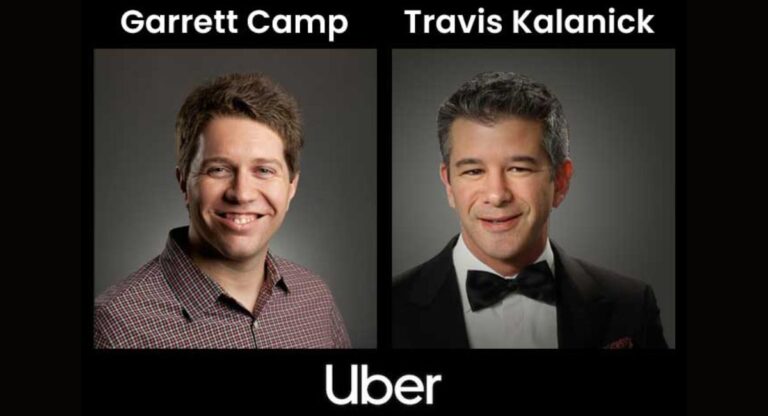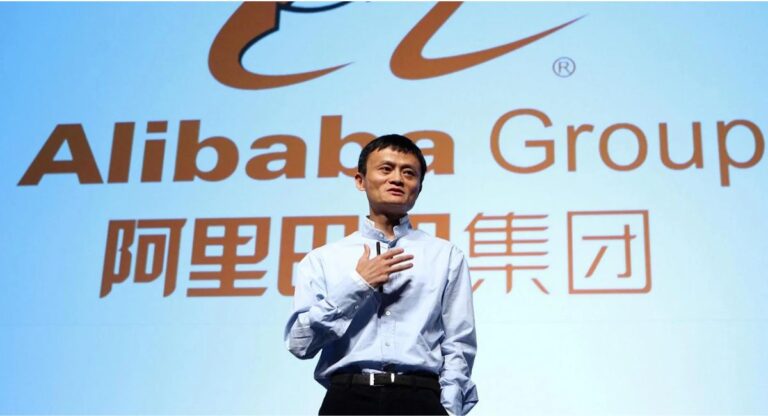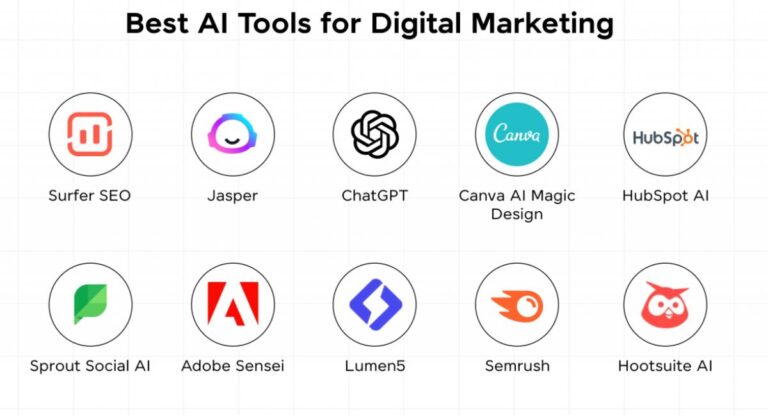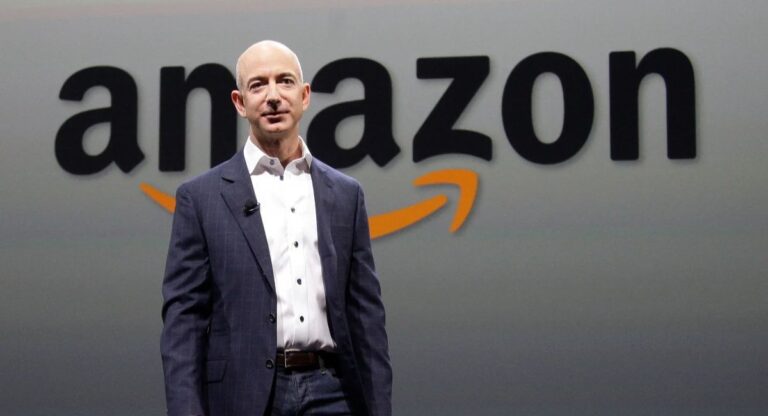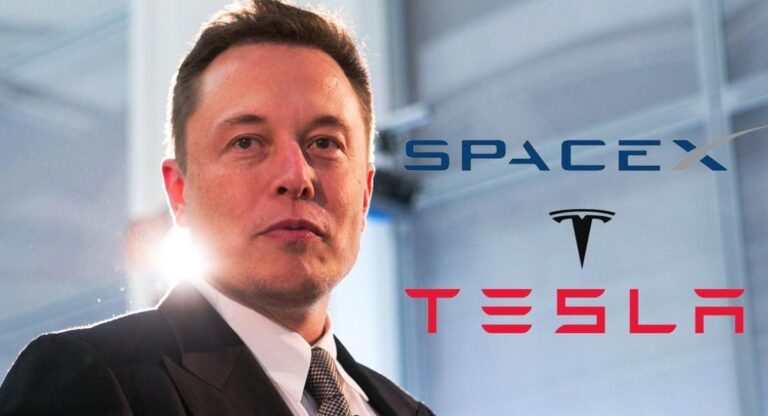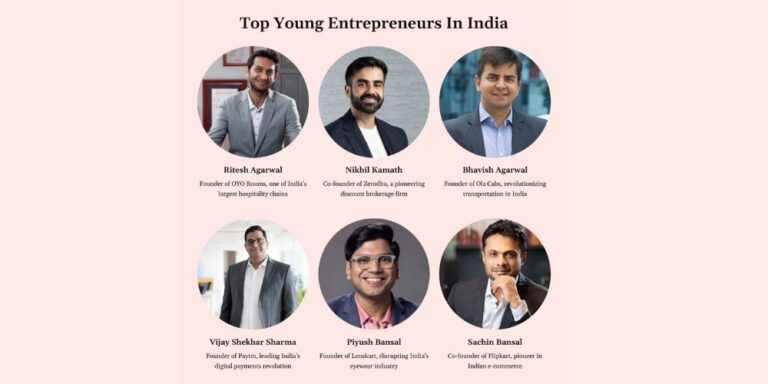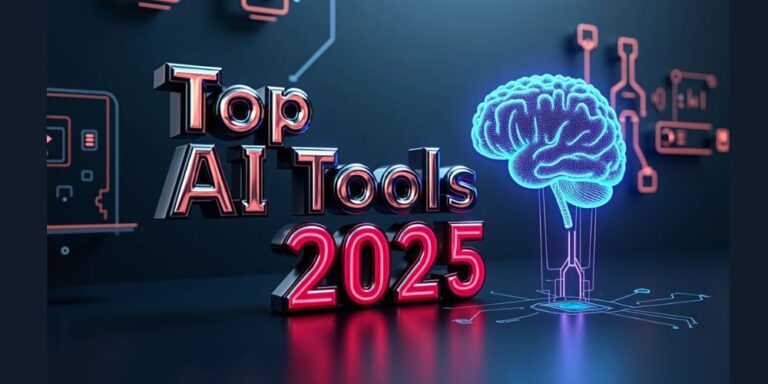The rules of digital marketing are changing fast, and 2025 is the year where brands either adapt or get left behind. AI is reshaping how people search, interact, and make decisions online. As a result, marketers must move away from outdated strategies and focus on what actually builds trust and relevance.
What worked even two years ago, mass emails, generic ads, or broad SEO tactics, won’t be enough today. Consumers are smarter, tools are more advanced, and the competition is more personalized than ever.
Read More: 10 Most Popular Types of Digital Marketing in 2025
Why 2025 Is a Turning Point
- Consumer behavior has evolved post-AI adoption
People expect fast, hyper-personalized experiences, and they notice when they don’t get them. - Brands must rethink what drives engagement
Metrics like clicks and impressions matter less than intent, trust, and value delivered in real time. - Generic marketing no longer works
Broad messaging gets ignored. In 2025, only targeted, purpose-driven content earns attention.
Now more than ever, brands must focus on creating meaningful connections because in 2025, relevance is the new reach.
The Evolution of Digital Marketing in 2025
Digital marketing in 2025 is less about grabbing attention and more about earning trust. The landscape has shifted from chasing clicks to building long-term credibility. With AI changing how content is discovered, consumed, and ranked, marketers must focus on being useful, not just visible.
From Traffic to Trust
- Zero-click content is rising
Platforms like Google and Bing now provide answers directly in the search results. This means users often get what they need without clicking, so your content must deliver value fast. - EEAT matters more than ever
Expertise, experience, authoritativeness, and trustworthiness (EEAT) are now critical ranking factors. Brands that consistently share accurate, helpful content are rewarded across platforms. - Credibility drives engagement
Users are drawn to brands they trust. Instead of flashy tactics, long-term engagement now comes from transparency, relevance, and consistently delivering on promises.
In 2025, the winners in digital marketing are the brands that focus less on reach and more on reputation.
Read More: How to Build a Personal Brand That Attracts Startup Investors
Key Digital Marketing Trends to Watch
Staying ahead in 2025 means keeping pace with trends that are reshaping the digital space. From AI-driven content to privacy-first personalization, these shifts are forcing brands to evolve how they connect with customers.
Here are the most important digital marketing trends in 2025 that every brand should pay attention to:
| Trend | What’s Changing | Why It Matters |
| AI-first content creation | AI tools are standard in content workflows (writing, video, design) | Faster content output, greater scale, reduced cost |
| Voice & visual search | More users search using voice, images, or mixed inputs | Brands must optimize content beyond just keywords |
| Conversational marketing | Real-time interaction across chat, voice, and messaging apps | Builds trust, boosts engagement, drives quicker actions |
| Zero-party data strategies | Users voluntarily share preferences and intent via surveys, forms, etc. | Enables ethical, high-accuracy personalization |
| Micro-experiences | Focused, short-form digital interactions tailored to intent | Keeps users engaged, improves retention across channels |
How AI and Automation Are Changing Marketing
In 2025, AI is doing more than saving time; it’s reshaping how marketing decisions are made. Brands are using automation not just to streamline workflows but to deliver more relevant, data-backed experiences across every channel.
Here’s how AI is transforming digital marketing today:
- Automated ad targeting and optimization
- Real-time bidding, audience segmentation, and performance analysis
- Higher ROI on every campaign with less manual testing
- AI-powered content creation
- Copywriting, video scripts, blog drafts, social captions generated instantly
- Scales content production without sacrificing quality
- Chatbots and virtual assistants
- 24/7 support, lead capture, and product recommendations
- Delivers immediate, personalized interaction without added staff
- Predictive analytics
- Forecasts campaign outcomes, customer behavior, and churn risk
- Helps marketers make proactive, data-driven decisions
- Email and CRM automation
- Smart triggers, dynamic segmentation, and lifecycle marketing
- Increases personalization while reducing workload
The Bottom Line:
AI in 2025 isn’t replacing marketers; it’s making them smarter, faster, and more effective.
Read More: Top 7 AI Tools Every Entrepreneur Should Use in 2025
The Shift from Reach to Relevance
One of the most important digital marketing trends 2025 is the shift away from chasing impressions and clicks and focusing instead on meaningful engagement. In today’s digital environment, being everywhere is less valuable than being truly relevant to the right audience.
What brands must do differently in 2025:
- Focus on intent, not just visibility
- Understand what users want, not just what they search
- Optimize content for buyer journeys, not just keywords
- Personalize by purpose
- Go beyond name-based personalization
- Use AI and segmentation to align messages with real user needs
- Prioritize platform-native content
- Content should match the platform (short-form for reels, in-depth for blogs)
- Engagement increases when the format fits the user environment
- Create trust-focused campaigns
- Authenticity and transparency now drive conversion
- Align messaging with brand values and audience expectations
- Measure relevance, not just reach
- Track engagement rate, bounce rate, session quality
- Use tools that measure content impact, not just visibility
Why it matters in digital marketing trends in 2025:
Audiences are overloaded with content. The brands that rise above are the ones offering relevant, timely, and trustworthy content that connects emotionally and solves real problems.
Read More: Top 5 Gaming Companies in the world by Revenue
Personalization at Scale: What’s New
In 2025, personalization has moved beyond just including someone’s first name in an email. One of the most impactful digital marketing trends in 2025 is the ability to personalize entire experiences at scale using AI and behavior-based segmentation.
Brands that succeed are the ones delivering exactly what users want, when they want it, across multiple channels.
Modern Personalization Techniques
| Technique | How It Works | Used For |
| Dynamic content blocks | Website or email content adapts in real-time using user data | Personalized landing pages, emails |
| AI-driven recommendation engines | Suggests products, blogs, or videos based on behavior patterns | E-commerce, content marketing |
| Segmentation by intent | Groups users by search/browsing behavior for targeted messaging | Paid ads, drip campaigns |
Why this matters in digital marketing trends for 2025:
- Consumers now expect personalization in every touchpoint
- Real-time relevance boosts engagement and conversions
- AI makes scaling personalization possible for even small teams
If your brand isn’t yet delivering dynamic, behavior-based experiences, now is the time to start.
Data Privacy and Ethical Marketing in 2025
As one of the defining digital marketing trends 2025, data privacy has taken center stage. With stricter global regulations and growing user awareness, brands must now prove they’re not just effective but also ethical. Trust is no longer a soft metric; it’s a measurable advantage.
Navigating Regulation and Trust
Marketers in 2025 must operate in an environment shaped by both compliance and consumer expectations. Earning trust starts with respecting user data and being transparent about how it’s used.
Key shifts driving ethical marketing in 2025:
- Growing compliance standards
- Regulations like GDPR, CCPA, and India’s DPDP Act require explicit consent
- Non-compliance leads to penalties and loss of user trust
- Rise of zero-party and first-party data
- Zero-party data: shared intentionally by users (preferences, quiz answers)
- First-party data: collected through direct interactions (website behavior, purchases)
- These sources are now essential for ethical personalization
- Transparent data usage policies
- Clear, accessible privacy policies are a trust signal
- Brands must explain why they collect data and how it benefits users
- Responsible use of AI-generated content
- AI tools must be used to inform, not mislead
- Disclosure, originality, and alignment with brand values are key
Takeaway:
In the context of digital marketing trends 2025, ethical data use isn’t just a compliance issue; it’s a strategic advantage. Brands that lead with trust will win long-term loyalty.
Read More: Ryan Heckman’s journey from Olympic skier to entrepreneur
Voice, Visual, and Multimodal Search Trends
One of the most important shifts in digital marketing trends 2025 is how people search. Users are no longer relying only on typed queries; they’re speaking, scanning images, and even using a mix of inputs to get faster, more intuitive results.
To stay competitive, brands must optimize content for these new search behaviors or risk being left out of evolving discovery channels.
Emerging Search Types and Brand Actions
| Search Type | What’s Changing | Action for Brands |
| Voice Search | Conversational, full-sentence queries dominate | Use Q&A formats, long-tail keywords, and natural language |
| Visual Search | Users search by uploading or scanning images | Add detailed alt-text, schema, and high-quality images |
| Multimodal AI Search | Blends voice, text, and visuals in one query | Combine structured data, rich visuals, and descriptive captions |
As part of the broader digital marketing trends 2025, these search innovations are transforming how visibility works. To stay relevant, brands must ensure their content is searchable and valuable no matter how users choose to find it.
Rethinking Content Strategy for 2025
Content in 2025 isn’t just about getting clicks; it’s about building authority, solving real problems, and staying consistent across touchpoints. As digital platforms become more AI-driven, content must align with how users search, engage, and trust.
To keep up with digital marketing trends 2025, brands need to move beyond quick-win tactics and start thinking long-term, strategically, and multi-format.
Key Content Shifts to Implement
- Answer-based, EEAT-driven content
- Prioritize Expertise, Experience, Authoritativeness, and Trustworthiness
- Focus on helpful, fact-backed content that satisfies search intent
- Diversify formats: video, carousels, and interactivity
- Short-form video, sliders, quizzes, and tools increase engagement
- Static blogs are no longer enough for capturing attention
- Consistency across platforms > one-off virality
- A strong, unified message across web, social, and email builds brand memory
- Virality fades, but consistency builds trust and loyalty
- Build content ecosystems, not isolated blogs
- Link related blogs, resources, and videos together
- Use pillar pages and clusters to improve SEO and user experience
In line with digital marketing trends 2025, content must now function as both a traffic driver and a trust builder. Brands that create helpful, multi-format, and connected experiences will lead the way.
Read More: Top 10 Healthcare Leaders in the USA – 2025 .
Top Digital Marketing Tools to Leverage
To succeed with the fast-paced demands of digital marketing in 2025, brands need more than creativity; they need the right stack of smart, AI-driven tools. These platforms not only automate repetitive tasks but also unlock deeper insights, faster production, and better results across channels.
Whether you’re refining SEO, scaling content, or streamlining customer engagement, the right tools make all the difference.
Must-Have Tools in 2025
| Tool | Primary Use | Why It’s Essential in 2025 |
| Jasper AI | Content writing, ad copy, emails | Speeds up high-quality content production with AI assistance |
| Surfer SEO | Real-time SEO content optimization | Aligns blog and web copy with Google’s latest ranking factors |
| ChatGPT | Conversational chatbot + content ideation | Helps with FAQs, outlines, and on-site support |
| HubSpot | CRM, email marketing, automation workflows | Centralizes customer communication with smart segmentation |
| Canva AI | Design generation for social media & ads | Enables quick, brand-consistent visuals with minimal effort |
These tools represent more than just convenience; they reflect the shift in digital marketing trends 2025 toward automation, intelligence, and user-focused execution.
Smart brands are using these platforms not to replace their teams, but to empower them to do more with less.
Conclusion
Digital marketing in 2025 is no longer about following a single strategy; it’s about staying adaptable, ethical, and data-aware. As AI, automation, and consumer expectations continue to evolve, brands that prioritize relevance, trust, and personalization will lead the way.
The global digital marketing market was valued at $531 billion in 2022 and is expected to grow to $1.5 trillion by 2030, registering a CAGR of 13.1% from 2023 to 2030. ( Source )
The most successful marketers in 2025 are those who understand the shifts early, adopt the right tools, and create content and campaigns that truly serve their audience. In short: marketing smarter, not louder.
FAQs
- What are the top digital marketing trends in 2025?
AI-powered content, zero-click search, multimodal SEO, personalization at scale, and ethical data use. - How has SEO changed in 2025?
Search now prioritizes helpful content, voice queries, visual results, and EEAT-compliant pages. - What is zero-party data, and why is it important?
It’s information users share intentionally (e.g., survey answers), offering consent-based personalization. - How is AI changing marketing workflows?
AI speeds up content creation, automates customer support, and enables predictive targeting across platforms. - Are visual and voice searches really that significant in 2025?
Yes, a large portion of search queries are now voice-based or image-triggered, requiring new SEO strategies. - What’s the role of automation in digital marketing today?
Automation handles repetitive tasks like email flows, ad bidding, and data segmentation, freeing up teams to focus on strategy. - Can small businesses keep up with these trends?
Absolutely. Many AI and automation tools are affordable and designed for lean teams looking to scale smartly. - How important is ethical marketing in 2025?
It’s essential. With tighter privacy laws and smarter consumers, transparency and data ethics are brand differentiators. - What tools will be most used by marketers in 2025?
Jasper AI, Surfer SEO, HubSpot, Canva AI, and ChatGPT are among the most adopted tools by mid-sized and growing teams. - How can brands stay ahead of future trends?
By continuously testing, learning, and aligning with both audience needs and emerging tech, not waiting until change is unavoidable.



